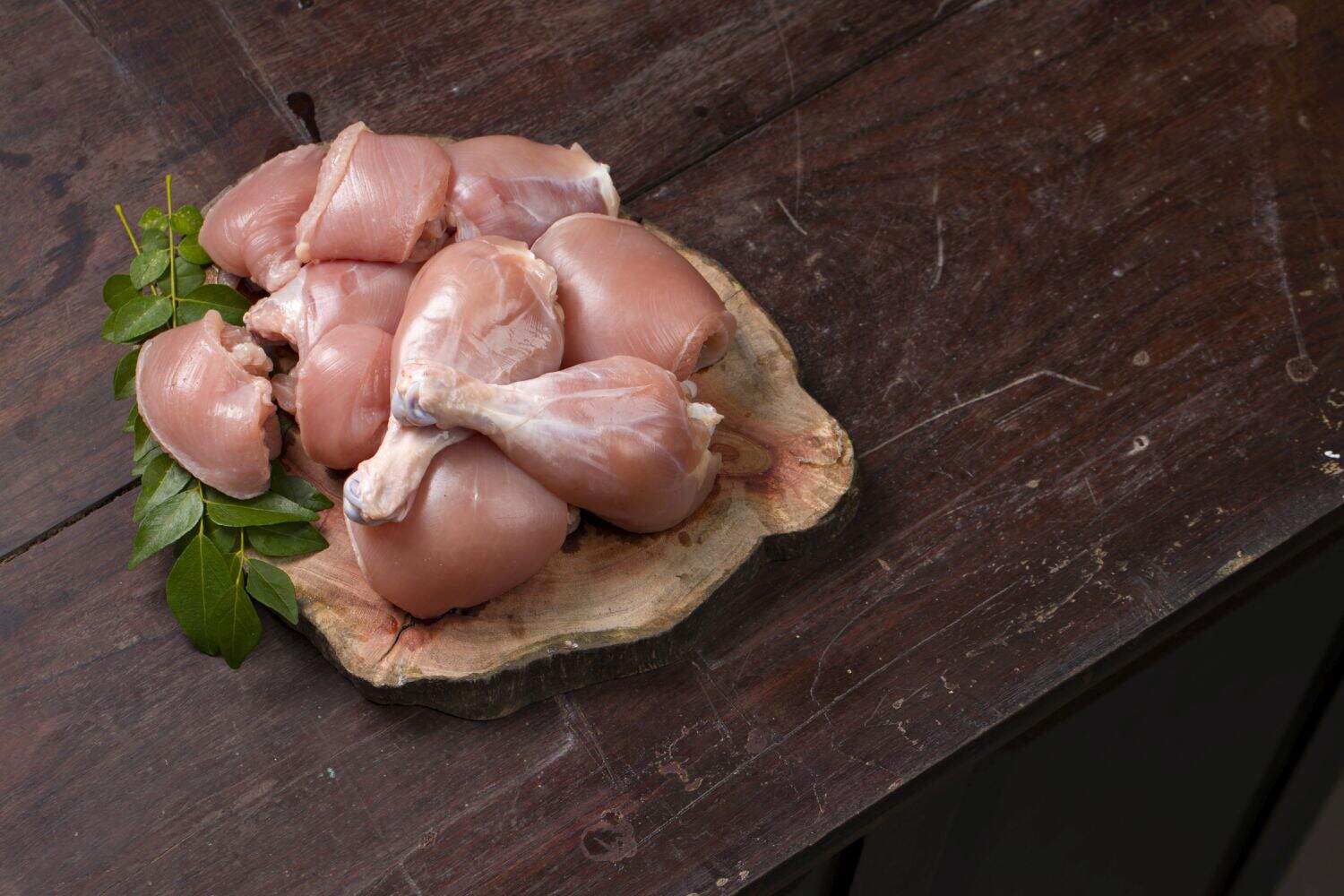Some meat producer in SA use mechanically deboned meat from Brazil to make polony, viennas, russians and braaiwors.
Most South African households, particularly those with low incomes, rely heavily on chicken, as it is cheaper than other meat options like beef, lamb, and pork, making it one of the most accessible protein sources.
Brazil plays a significant role in ensuring that South Africans have enough chicken, as the country accounts for more than 84% of South Africa’s poultry imports.
However, Brazil has recently experienced an outbreak of avian influenza, also known as the bird flu, which led to the South African government imposing a ban on imports from the country.
Chicken shortage
Department of Agriculture Deputy Director General of Agricultural Production, Biosecurity, and Natural Resources, Dipepeneneng Serage told The Citizen that the Department will monitor outbreak management and general disease management and control in Brazil, assessing reports from Brazil until the outbreak is closed before lifting the suspension.
Imameleng Mothebe, CEO of the Association of Meat Importers and Exporters (AMIE), said local producers cannot, and will not be able to meet the gap in supply of poultry offal (feet, gizzards, and skins) and mechanically deboned meat (MDM), driving up prices and threatening the affordability and accessibility of basic protein for millions.
“Chicken offal and MDM are not luxuries. They are foundational to school feeding programmes and the production of processed meats, which are the most affordable proteins for low-income households. Ultimately, Brazilian MDM is the source of more than 400 million poultry-based meals per month for South Africa.”
She added that, even though SA poultry producers have committed to increasing their production by four million birds per month, local producers alone cannot fill the gap created by the ban. And another challenge is that SA does not produce MDM at a commercial scale.
ALSO READ: Here are the economic and social impacts of bird flu
How much have chicken prices increased
Mothebe added that if there is no regionalisation agreement put in place with Brazil, which will allow for the import of products from areas not affected by the outbreak, there will be many devastating impacts.
The blanket ban on Brazilian imports can lead to price increases, food shortages, and job losses for local manufacturers of processed meats who employ more than 125 000 workers.
“With the current shortage of MDM, processed meat producers are facing cost surges as inventory levels are thinning, and shelf prices are starting to reflect this reality,” she said.
MDM prices have increased from R13 to R31/kg, while offal, such as gizzards and skins, have seen double-digit increases.
Higher costs
She stresses that these price increases will be met by rising input costs, especially with the recently announced fuel levy hike in the national budget, which adds inflationary pressure across the value chain.
“We support government continuing engagements with Brazil towards regionalisation, a concept that demarcates affected areas whilst the rest of the country remains open. Regionalisation is widely accepted and supported by the World Organisation of Animal Health (WOAH), especially considering the ongoing global diseases phenomenon.”
No polony for lunchboxes
Arnold Prinsloo, CEO of meat producer Eskort said they use the MDM from Brazil to make polony, viennas, russians and braaiwors. The blanket ban on Brazil will put production lines to a standstill before the end of June.
“This will deprive South Africa’s most vulnerable citizens of more than 400 million low-cost meals per month.
“Vulnerable families and thousands of school feeding schemes rely heavily on polony, and there is a real danger of widespread hunger and malnutrition if Eskort and its competitors cannot sustain supplies.”
Prinsloo is calling on the Department of Agriculture to lift the blanket ban on Brazil and allow imports from parts of the country that have not experienced the outbreak.
“Brazil has indicated that it has submitted the necessary documentation and information to the department, but formal recognition and implementation remain outstanding,” he said.
ALSO READ: Here’s why chicken prices might increase soon
Job losses looming
Prinsloo added that the four- to six-week gap in supply due to the ban will also mean that many processors will face standing idle for more than 60 days, risking heavy job losses and instability in the lower LSM consumer segment.
“This is not only a supply chain crisis, but also a pending socio-economic and political disaster.”
Can local poultry producers cover the gap?
The South African Poultry Association (Sapa) seems to believe that local producers can make up for the gap created by the ban.
“We are currently producing about 21.5 million chickens per week, and the industry has the capacity to increase this by about another million birds per week.
“The impact of a ban on Brazilian chicken imports will not be felt immediately. Chicken imports from Brazil can take about six weeks to reach South Africa, and products dispatched before the ban is implemented will not be affected,” said Izaak Breitenbach, CEO of Sapa’s Broiler Organisation.
He added that winter months are a period of lower demand for chicken. Therefore, the additional supply of chicken should be sufficient to prevent shortages or price increases.
However, Prinsloo disputed claims that local producers can make up for the chicken shortfall. “It may be true when it comes to fresh or frozen chicken, but the local market doesn’t produce mechanically deboned meat in any significant quantity,” he said.
“We rely on Brazil for 92% of our needs, which is why this is such a serious challenge.”
NOW READ: Godongwana cuts zero-rated food basket in Budget 3.0
